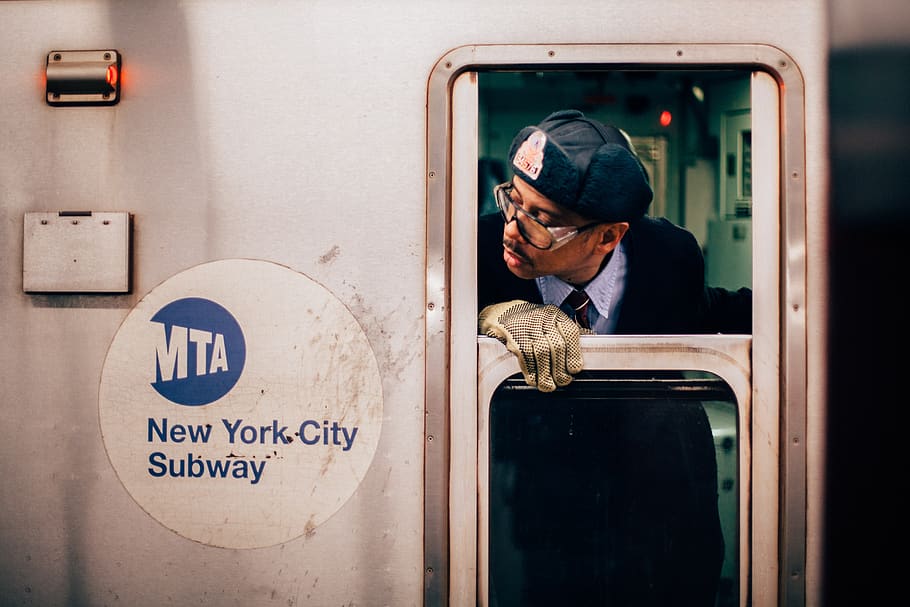

RECOMMENDED READING
Florida Senator Marco Rubio has an insightful new essay on the impact of deindustrialization on working-class communities of color. Since the 2016 election, the media has tended to treat the decline in American manufacturing as a grievance exclusive to the “white working-class.” Yet as Senator Rubio points out, deindustrialization has impacted workers of every background, with devastating results for African American communities in particular:
As America allowed manufacturing in places like Chicago, Baltimore, Raleigh, and Detroit to dwindle, neighborhoods of color were emptied of decent jobs. All too often, job growth in such communities has meant more professional service roles, which tended to be dominated by highly educated whites. Between 1960 and 2010, research shows that those urban centers that have experienced the highest losses in manufacturing employment have also “experienced the smallest growth in average wages for black men.”
The result was a joblessness crisis for African-Americans that has now extended across generations and made it harder for America to close the racial wealth gap.
COVID-19 has only exacerbated these inequities. Workers into low-wage, weak-attachment service jobs are less likely to have the option to work remotely, and are therefore more likely to face layoffs or be deemed “essential,” risking exposure to the virus. As Rubio notes,
Counties in our country with high proportions of African-Americans make up 22 percent of all counties but over half of coronavirus cases and nearly 60 percent of deaths. Similarly, the effect of job losses has been more crushing on our communities of color than other Americans.
Even the legacy of slavery in America can be seen through the lens of deindustrialization — or, more accurately, the failure to industrialize in the first place. This is because wages ultimately depend on labor productivity, which in turn depends on equipping workers with capital — machinery, technology, skills and know-how. Yet, as I’ve written in the past, plantations in the South
treated human beings as literal machines, reducing the need for the South to industrialize as fast as the North. This “specialization” in labor-intensive production persisted long after the official end of slavery. Emancipation was, in a deeper sense, incomplete absent major catch-up investments in productivity-enhancing technology and infrastructure.
To this day, the overwhelmingly black “Cotton Belt” regions of Georgia, Alabama, and Mississippi have the lowest per-capita incomes in the country. Given that one in two African Americans live in the South, the (often horrific) racial inequalities observed in high-level data cannot be detached from the South’s divergent economic development, owing to systematic under-investments in the sorts of capital, training and infrastructure required to boost regional productivity.
Lower wages are of course only part of the story. As research from economists David Autor, David Dorn and Gordon Hanson has shown, manufacturing decline is also associated with drug abuse, welfare dependency, reduced family formation, and higher rates of single motherhood. Notice that these are all phenomena stereotypically associated with the African American community, and yet since the China Shock have become more prevalent in rural white communities, as well. In either case, what might at first appear to be the result of a pathological culture turns out to be downstream of the disappearance of good paying work, particularly for non-college educated men.
These parallels breakdown, however, once one includes the compounding factor of racial discrimination. As Senator Rubio puts it:
We must not shy away from identifying racism as an obstacle to black prosperity. Racism haunts our nation’s history and legal structures. And while it is undeniable that great progress has been made on this front, it is also dishonest to pretend it is no longer a factor at all.
Republicans have historically been hesitant to talk about racial injustice. And whey they try, they risk falling flat on their face. This makes the artfulness of Senator Rubio’s essay all the more impressive. For the Republican Party to truly realign around the working-class, whether white or black, they will need many more efforts like it.
Recommended Reading
Senator Marco Rubio on Globalization, Markets, and the Common Good
On this special episode of the American Compass podcast, Senator Marco Rubio joins Oren Cass for a wide-ranging discussion of conservative economics and the common good.
20 Years of “Free Trade” with China
We have adapted Senator Rubio’s speech as an essay, which we are pleased to present as this week’s Compass Point: Trading It All Away.
Republicans: Our Future Is Not With Free Markets. It’s With the Working Class
Progressives were surprised, confused, and frustrated by Senator Marco Rubio last week. “I definitely didn’t have Marco Rubio being more pro worker than Joe Biden on my 2022 bingo card,” one tweeted. “UGH, UGH, UGH…When Read more…












